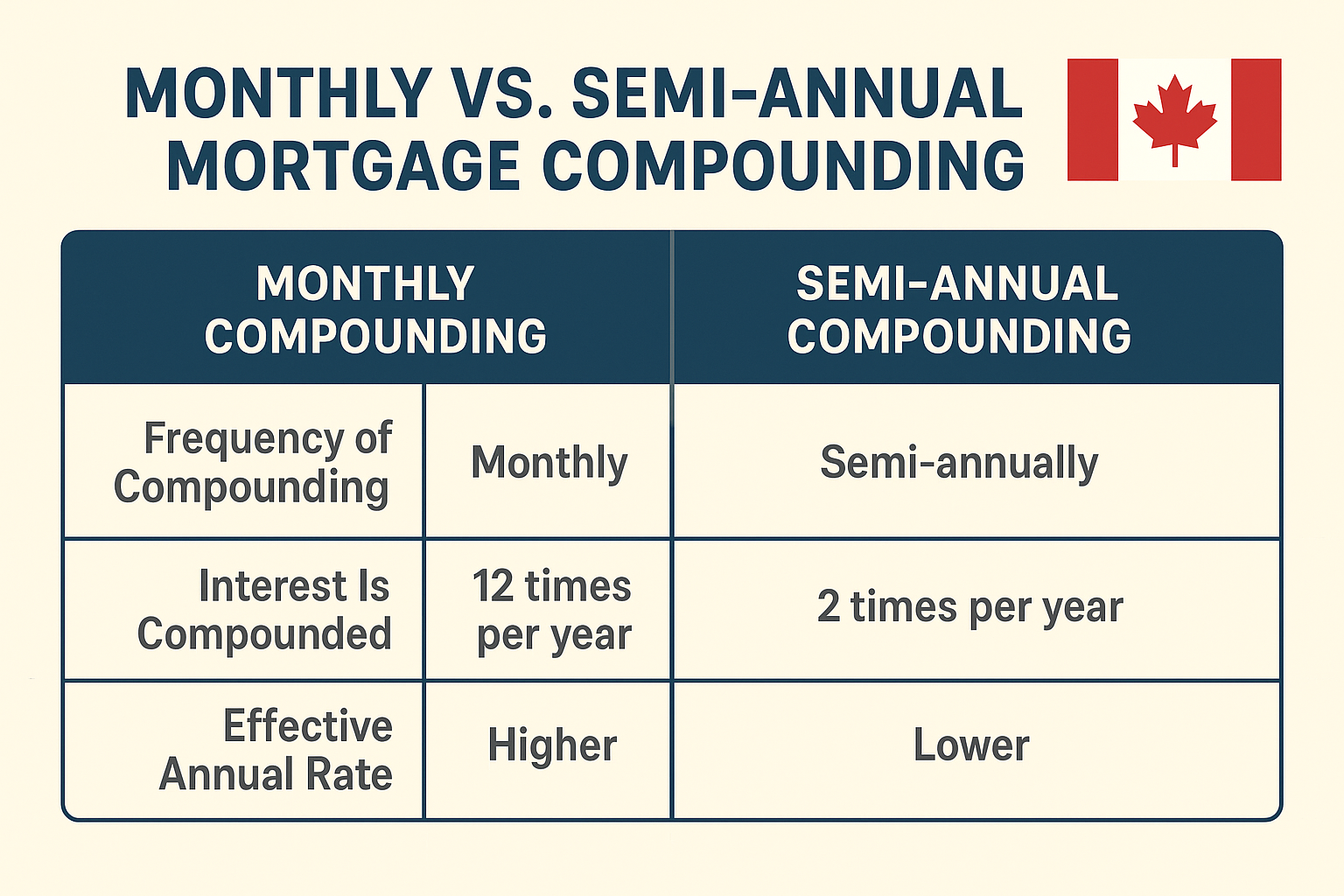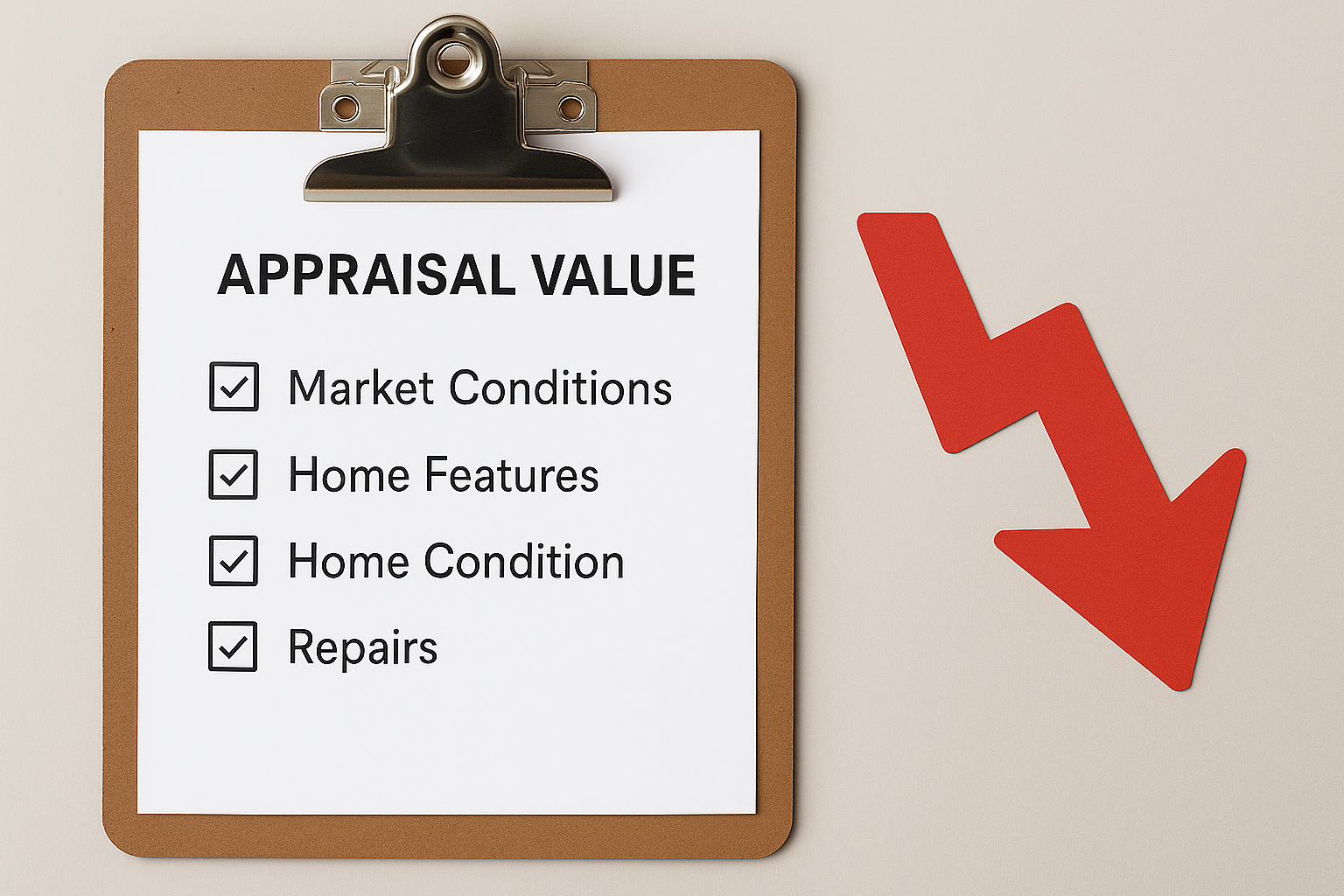Why Bond Markets Control Fixed Mortgage Rates—And How They Can Drastically Spike Overnight
When shopping for a mortgage, many homebuyers focus on interest rates, hoping to lock in the best deal. However, few realize that fixed mortgage rates are primarily influenced by the bond market—not directly by the Bank of Canada’s (BoC) rate announcements.
In fact, bond yields fluctuate daily, sometimes causing mortgage rates to rise suddenly, while decreases tend to happen more gradually. If you’re considering a fixed-rate mortgage, understanding this relationship is crucial for making informed financial decisions.
In this article, we’ll explore:
- How the bond market affects fixed mortgage rates
- Why fixed rates can rise rapidly but fall slowly
- Why the Bank of Canada’s rate announcements don’t always impact fixed rates
- What you can do to protect yourself from unexpected rate hikes
Let’s dive in!
Table of Contents
ToggleHow Bond Yields Influence Fixed Mortgage Rates
Fixed mortgage rates in Canada are closely tied to government bond yields, particularly the 5-year Government of Canada bond yield. Banks and lenders use these bond yields as a benchmark when setting fixed mortgage rates.
Here’s why bond yields matter:
-
When bond yields rise, fixed mortgage rates increase.
- Investors demand higher returns on bonds when they anticipate inflation or economic growth.
- Lenders raise fixed mortgage rates to maintain their profit margins.
-
When bond yields drop, fixed mortgage rates may decrease—but not always as quickly.
- Investors shift to bonds during economic downturns, driving yields lower.
- Lenders may lower mortgage rates, but often at a slower pace than when rates rise.
For example, in early 2023, the 5-year Government of Canada bond yield surged due to concerns over inflation and interest rate hikes. As a result, fixed mortgage rates climbed quickly. However, when economic data later hinted at a slowdown, bond yields declined, but banks were much slower in adjusting mortgage rates downward.
Why Mortgage Rates Can Rise as Fast as They Drop (Or Faster!)
While bond markets are dynamic, there’s a key pattern: mortgage rates tend to rise quickly but fall slowly.
Why Do Rates Rise Suddenly?
- Economic Data Shocks – A strong job report, inflation surge, or unexpected GDP growth can push bond yields up rapidly.
- Market Expectations for Inflation – If investors believe inflation will remain high, they sell bonds, causing yields (and mortgage rates) to rise.
- Bank of Canada & U.S. Federal Reserve Policies – When central banks indicate future rate hikes, bond yields often jump in anticipation.
- Global Events – Wars, trade disputes, or supply chain issues can create uncertainty, pushing yields higher.
Why Don’t Rates Fall as Quickly?
When bond yields decline, lenders don’t always rush to lower fixed mortgage rates. Here’s why:
- Banks Protect Their Margins – Lenders adjust rates cautiously to ensure profitability, often delaying rate cuts.
- Borrower Demand Factors – If demand for mortgages is still strong, banks may keep rates higher for longer.
- Sticky Inflation Concerns – Even if bond yields drop, concerns about inflation may prevent aggressive mortgage rate cuts.
A prime example of this happened in late 2023 and early 2024, when bond yields fell due to recession fears. However, fixed mortgage rates remained stubbornly high because lenders were uncertain about how long the lower yields would last.
Why Bank of Canada Rate Announcements Don’t Directly Impact Fixed Mortgage Rates
Many people assume that when the Bank of Canada (BoC) raises or lowers its policy interest rate, fixed mortgage rates should change accordingly—but this isn’t always the case.
BoC Rate vs. Bond Yields: The Key Difference
- The BoC’s policy rate directly influences variable mortgage rates because it affects the prime rate that banks use for lending.
- Fixed mortgage rates, however, are influenced by bond yields, which move based on broader market forces, not just BoC decisions.
Why Fixed Rates Don’t Always Follow BoC Announcements
-
Bond Markets Anticipate BoC Moves in Advance
- By the time the Bank of Canada makes a rate announcement, bond yields may have already adjusted based on market speculation.
- If the BoC’s decision aligns with expectations, fixed mortgage rates often remain unchanged.
-
Investor Sentiment Matters More Than BoC Policy
- If bond traders believe inflation is still a risk, bond yields—and therefore mortgage rates—may stay high even if the BoC cuts rates.
-
Global Factors Can Override BoC Decisions
- Canada’s bond market is influenced by global trends, particularly in the U.S.
- If the U.S. Federal Reserve maintains high interest rates, Canadian bond yields may stay elevated regardless of BoC moves.
For example, when the Bank of Canada raised rates in 2023, fixed mortgage rates had already increased months prior because bond yields had risen in anticipation. Conversely, in early 2024, the BoC signaled potential rate cuts, but fixed mortgage rates barely budged since global bond markets remained cautious.
How Can Borrowers Protect Themselves from Rate Volatility?
With mortgage rates fluctuating unpredictably, here are some strategies to protect yourself:
1. Lock in Your Rate Early
- Many lenders offer rate holds for up to 120 days when you get pre-approved.
- If you’re buying a home soon, securing a pre-approved rate can shield you from sudden increases.
2. Monitor Bond Yields & Economic News
- Keeping an eye on the 5-year Government of Canada bond yield can provide clues about future fixed mortgage rates.
- Economic reports, inflation data, and central bank speeches can also signal rate trends.
3. Consider a Hybrid or Shorter-Term Mortgage
- If rates are volatile, you might benefit from a hybrid mortgage, which blends fixed and variable rates.
- Alternatively, a shorter-term fixed mortgage (e.g., 2- or 3-year term) can provide flexibility if rates are expected to drop.
4. Work with a Mortgage Broker
- Mortgage brokers have access to a wide range of lenders and can help you find the most competitive rate.
- They also stay on top of market trends, helping you make informed decisions.
Final Thoughts: Understanding the Bond Market Can Save You Money
Fixed mortgage rates aren’t just dictated by the Bank of Canada’s announcements—they move based on bond yields, investor sentiment, and economic data. While bond yields can fall, mortgage rates often rise faster than they decline, meaning borrowers should act strategically.
To navigate these fluctuations, consider locking in a rate early, monitoring bond market trends, and consulting a mortgage broker to ensure you’re getting the best deal.
Want expert guidance on mortgage rates? Contact a mortgage broker today to explore your options before the market shifts again!
- Title Insurance: Proven Homeowner Protection in 2025 - July 8, 2025
- ID Requirements for a Mortgage in Ontario: What You Need to Know - July 2, 2025
- Low Appraisals: Steps Canadian Homeowners Can Take - June 27, 2025






